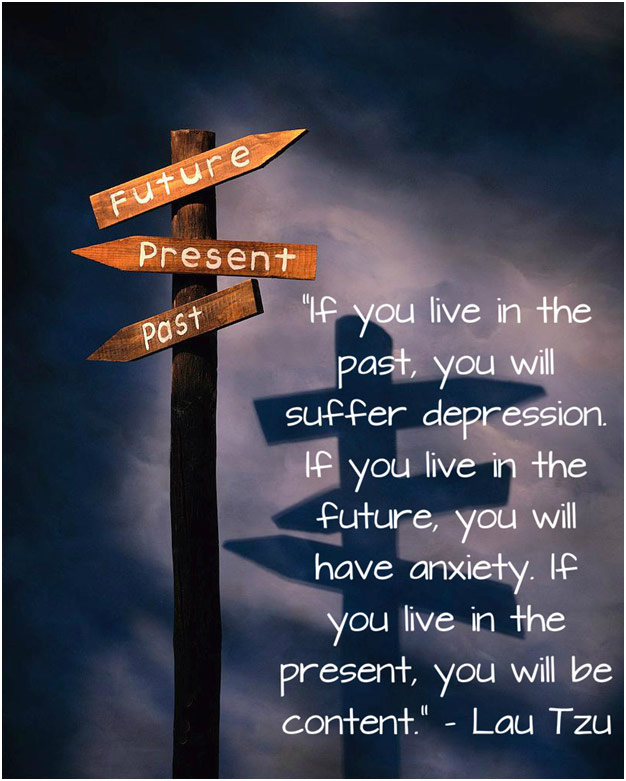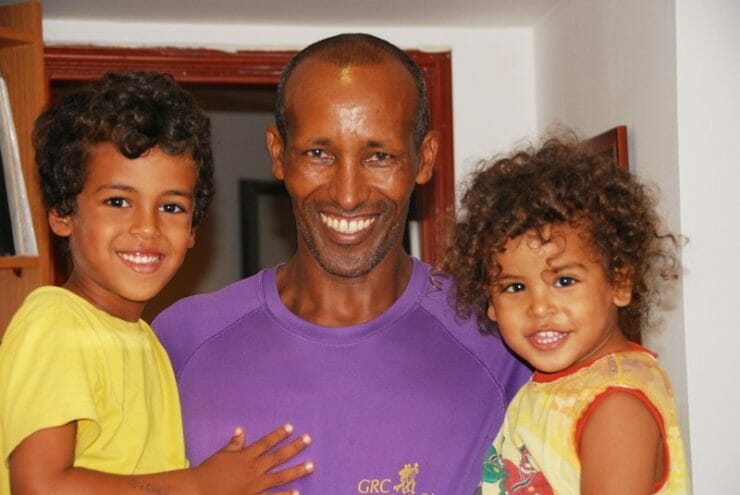
In Holistic Approach to Emotional Pain, I explained why pain is not a punishment and we do not need to fight it. I also explained how the use of physical or emotional “substances” only makes us feel the pain longer and disrupts the function of the natural pharmacy we have in our body, which is in charge of flooding our system with “painkillers”.
In this post, I will share 3 “emotional painkillers” that will make pain go away faster.
1. The Rating Technique
The first emotional painkiller is used frequently by nurses and doctors. When you are in a hospital, before giving you your painkillers, the nurse will ask you to rate your pain from 1 to 10 and use this as a guide to determine your dosage.
This makes you develop an awareness of your feeling. If you say that the pain is a 9, the nurse will give you more painkillers and you will feel a bigger relief from them. If you say the pain is 3, the nurse may ask if you can wait a little longer and give you nothing for an hour.
Read 3 Emotional Painkillers »















